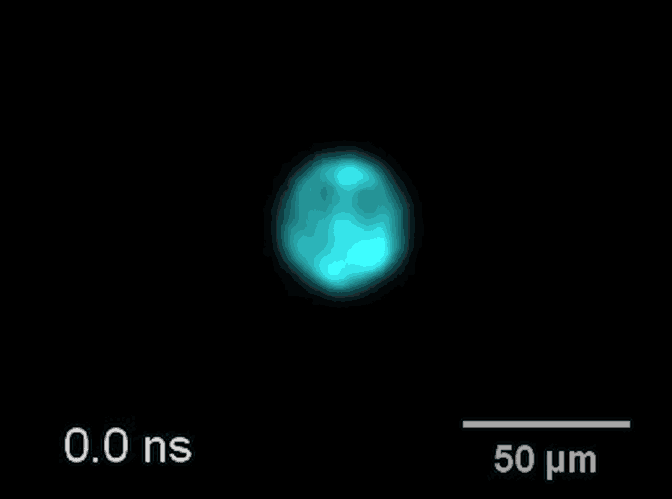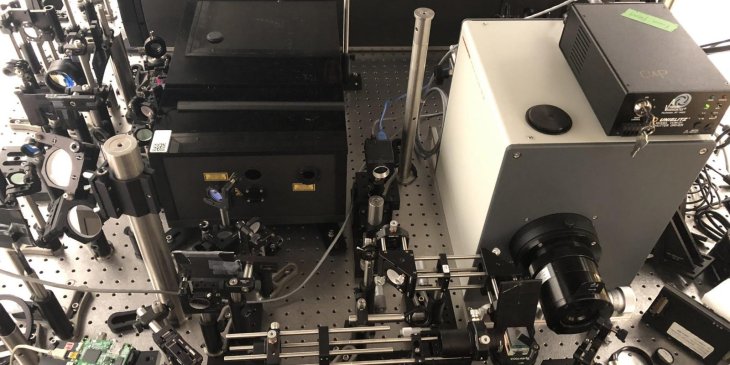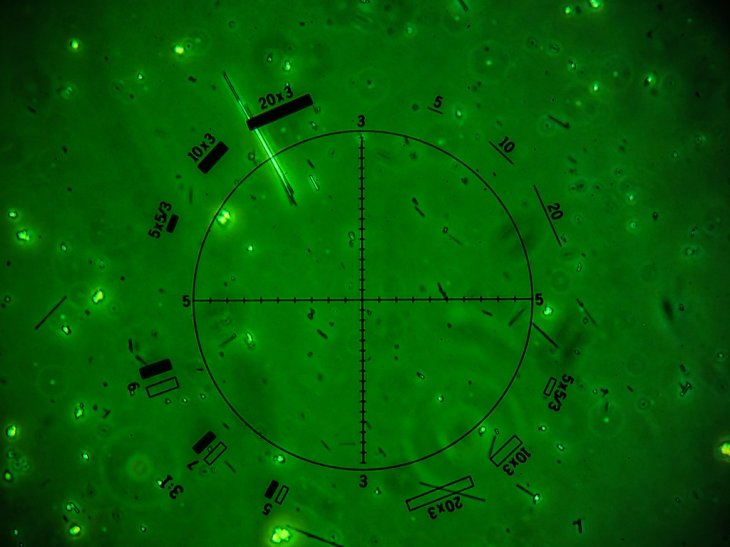This New Camera Can Capture Shockwaves And Transparent Objects
Aadhya Khatri - Jan 28, 2020

New tech allows the camera to capture not only transparent objects but also ephemeral things including neuron signals and shockwaves
- Top 5 Budget Cameras For Beginners (2025)
- This 3200MP Camera Takes Photos That Require 400 4K TVs To Be Fully Displayed
- The 34kg-Camera Used For Aerial Shooting During World War II
A year later after his success with the fastest camera in the world that can take 10 trillion images in just a second, meaning it can capture light as it travels, Lihong Wang has taken another step and perfected the technology.

The new tech is called pCUP (stands for phase-sensitive compressed ultrafast photography). It allows cameras to capture not only transparent objects but also ephemeral things including neuron signals and shockwaves.
Wang is currently a professor at the Medical Engineering and Electrical Engineering in California. He said that the tech is made by combining the method he invented a year ago with an age-old technology called phase-contrast microscopy, which allows us to capture images of transparent objects, like cells.
Phase-contrast microscopy makes use of the phenomena when light speeds up or slows down when it enters distinct materials. The speed changes also lead to wave timing alteration.

For example, when light travels through glass, its speed reduces and when it exits, it picks up speed again. Scientists can make use of optical tricks to tell light that has passed through glass and those that did not, making them a lot easier to see.
Wang said that the team adapted the standard phase-contrast microscopy to achieve ultra-fast imaging, allowing them to take photos of transparent materials.
He also shared that while the tech is still at its infancy, once perfected, could be handy in biology, physics, chemistry, and other fields.
>>> This YouTuber Built His Own Digital Camera Sensor, You Can Too
Featured Stories

Features - Jan 29, 2026
Permanently Deleting Your Instagram Account: A Complete Step-by-Step Tutorial

Features - Jul 01, 2025
What Are The Fastest Passenger Vehicles Ever Created?

Features - Jun 25, 2025
Japan Hydrogen Breakthrough: Scientists Crack the Clean Energy Code with...

ICT News - Jun 25, 2025
AI Intimidation Tactics: CEOs Turn Flawed Technology Into Employee Fear Machine

Review - Jun 25, 2025
Windows 11 Problems: Is Microsoft's "Best" OS Actually Getting Worse?

Features - Jun 22, 2025
Telegram Founder Pavel Durov Plans to Split $14 Billion Fortune Among 106 Children

ICT News - Jun 22, 2025
Neuralink Telepathy Chip Enables Quadriplegic Rob Greiner to Control Games with...

Features - Jun 21, 2025
This Over $100 Bottle Has Nothing But Fresh Air Inside

Features - Jun 18, 2025
Best Mobile VPN Apps for Gaming 2025: Complete Guide

Features - Jun 18, 2025
A Math Formula Tells Us How Long Everything Will Live
Read more

Mobile- Feb 16, 2026
Xiaomi Launches Affordable Tracker to Compete with Apple's AirTag
For users tired of ecosystem lock-in or high prices, the Xiaomi Tag represents a compelling, no-frills option that delivers core functionality at a fraction of the cost.

ICT News- Feb 15, 2026
X Platform Poised to Introduce In-App Crypto and Stock Trading Soon
X has been laying the groundwork for this expansion.

Mobile- Feb 17, 2026
Anticipating the Samsung Galaxy S26 and S26+: Key Rumors and Specs
The Samsung Galaxy S26 series is on the horizon, sparking excitement among tech enthusiasts.
Comments
Sort by Newest | Popular